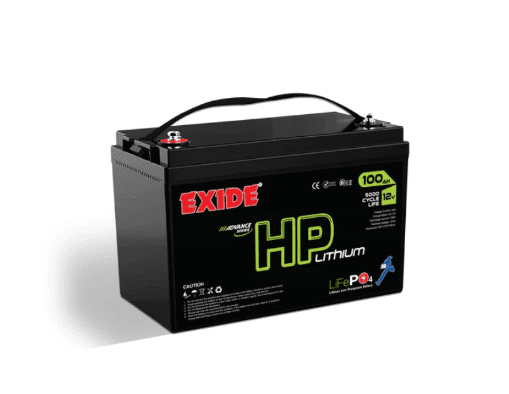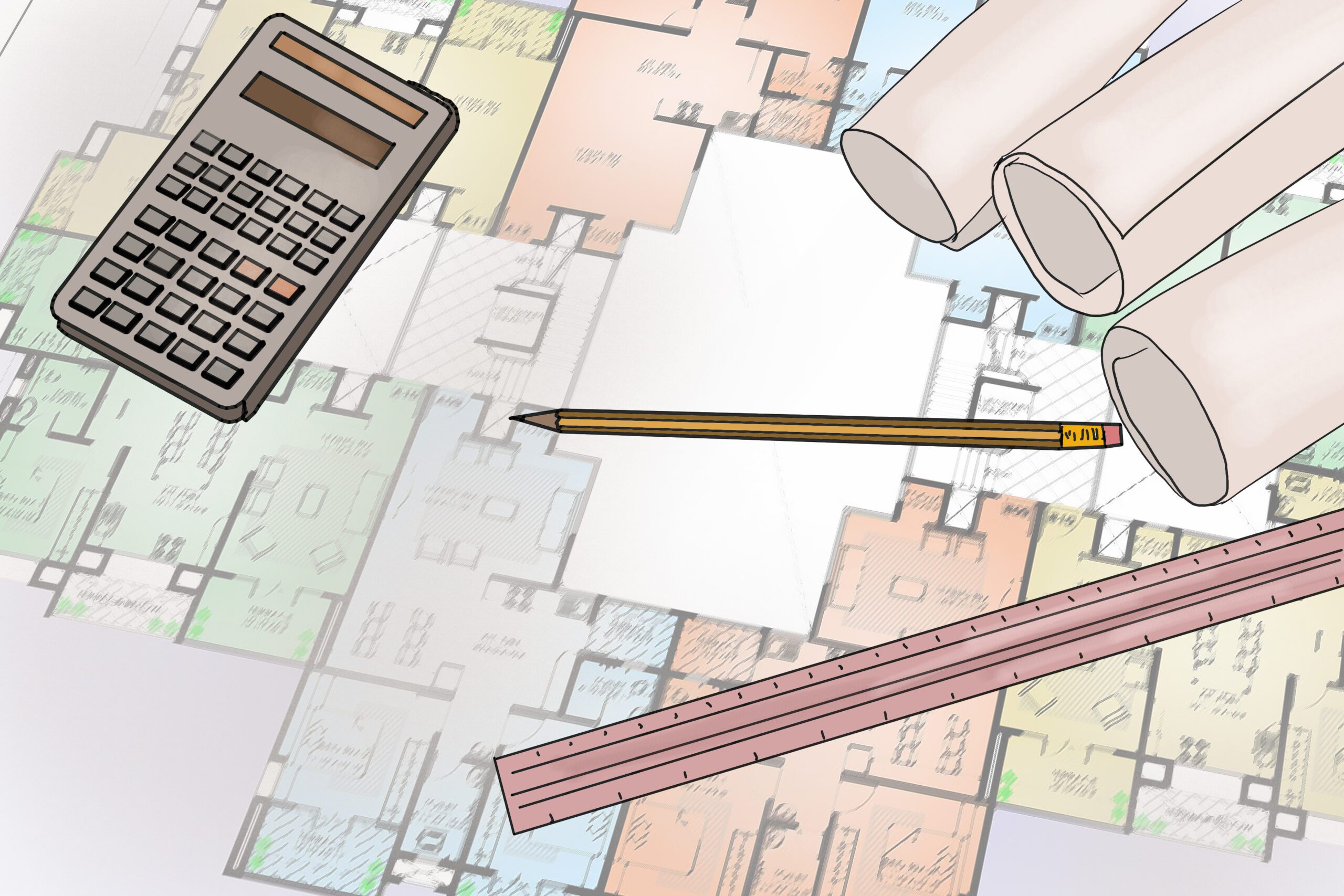
With the development of energy systems, there is an increased demand to develop efficient systems that take less space and are durable. One option that has steadily gained traction is the 100Ah lithium battery. It has taken the form of one of the most popular battery formats commercially, in residential and mobile applications due to its balance of capacity, size and performance.
Contents
What Does 100Ah Mean?
The name “100Ah” is a volume of capacity (measured in ampere-hours) of 100 ampere-hours. In practice, a 100Ah lithium battery can deliver 100 amps of current for one hour, or proportionally less current for a longer duration. This is equivalent to approximately 1.2 to 1.3 kilowatt-hours of electric storage in a typical 12-volt system. This is a useful size because that much energy can serve to power small appliances, lighting or electronics in a handful of hours and can be useful in stand-alone and integrated systems.
Advantages of a 100Ah Lithium Battery
A 100Ah lithium battery brings several benefits that make it superior to older technologies such as lead-acid
.
Long cycle life: Lithium batteries have a long cycle life which can exceed 2,000 charge/discharge cycles, much longer than lead-acid-powered models.
High efficiency: Round trip efficiencies are usually over 90% and more of the stored energy can be utilized.
Lightweight construction: Lithium batteries of this size tend to be significantly lighter than similarly sized lead-acid batteries, and they are also easier to carry and install.
Quick charging: It is possible to charge them faster, and this is beneficial in renewable systems where the power production can be intermittent.
Constancy of performance: Lithium iron phosphate (LiFePO4), which is typical of this group, is characterized by its safety, low self-discharge and consistent power supply.
Applications of 100Ah Lithium Batteries.
Because of these features, the 100Ah lithium battery has found its way into a wide range of applications:
Solar and Renewable Systems: This is an option of storing solar power, which is reliable power when it is rainy or dark.
Recreational Vehicles and Marine Use: Compact and light, this means that it is ideal in running onboard equipment, lighting and appliances.
Backup Power and UPS: It is applied in houses and companies to provide power when there is a power short.
Electric Mobility: This is available in carts, scooters and smaller cars which have the advantage of having a lightweight but powerful battery.
Telecommunications and Industry: Delivers reliable power delivery to remote towers, monitoring systems and critical equipment.
Important Technical Issues.
When selecting or using a 100Ah lithium battery, several technical points should be reviewed.
Current discharge: One of the standard units has a continuous discharge of 100 amps. Those systems that require more current need one or two or more batteries in series or bigger units.
Battery Management System (BMS): Built-in electronics safeguard the battery against over-charge, over-discharge, short circuits as well as temperature extremity.
Operating temperature: Lithium batteries can operate over a wide temperature range, but extreme low or extreme high temperatures may decrease performance.
Depth of discharge (DoD): Lithium batteries can often be discharged much deeper than can be done with lead-acid, and the user can thus access a higher percentage of rated capacity without affecting lifespan.
Future Outlook
The 100Ah lithium battery is set to remain a cornerstone of small- to mid-scale energy storage. With the increase in renewable uptake, there is a tendency to have more modular systems that utilise a series of several 100Ah units. This modularity also allows users to increase their storage capacity when their energy demand increases, without having to redesign the entire system.
As cell chemistry and battery management technology continues to improve, cycle life, and safety of these batteries increase. This renders them not only a viable solution to the current times but also a solution to the future with regard to changing energy needs.
Conclusion
The 100Ah lithium battery represents an ideal balance of capacity, efficiency, and portability. It is a good fit in solar systems and marine applications as well as backups, and electric mobility due to its long cycle life, strong operation, and versatility. Its contribution to contemporary society in terms of capturing, storing and deploying energy is critical because it provides a reliable mid-sized storage facility.







